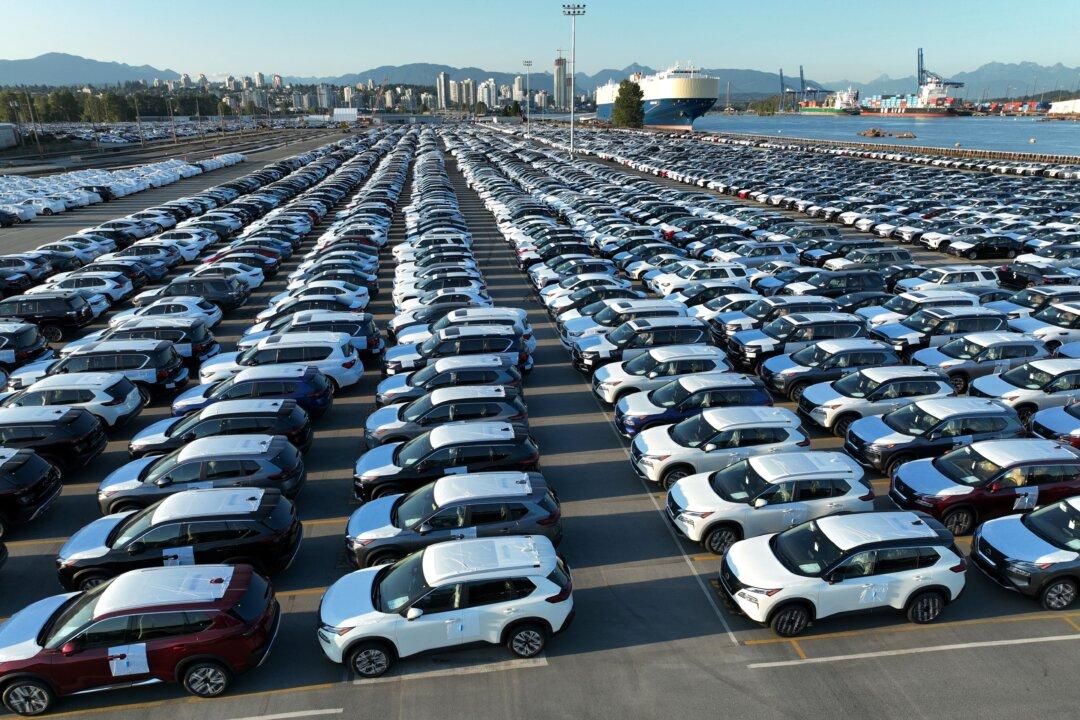Canada expects to announce this week that all new cars will have to be zero emissions by 2035, a senior government source said, as Ottawa is set to unveil new regulations in the latest example of countries around the world pushing for electrification.
The new rules, known as the Electric Vehicle Availability Standard, would help ensure supply is available to the Canadian market and shorten wait times to get an electric vehicle, the source told Reuters, confirming earlier media reports.





